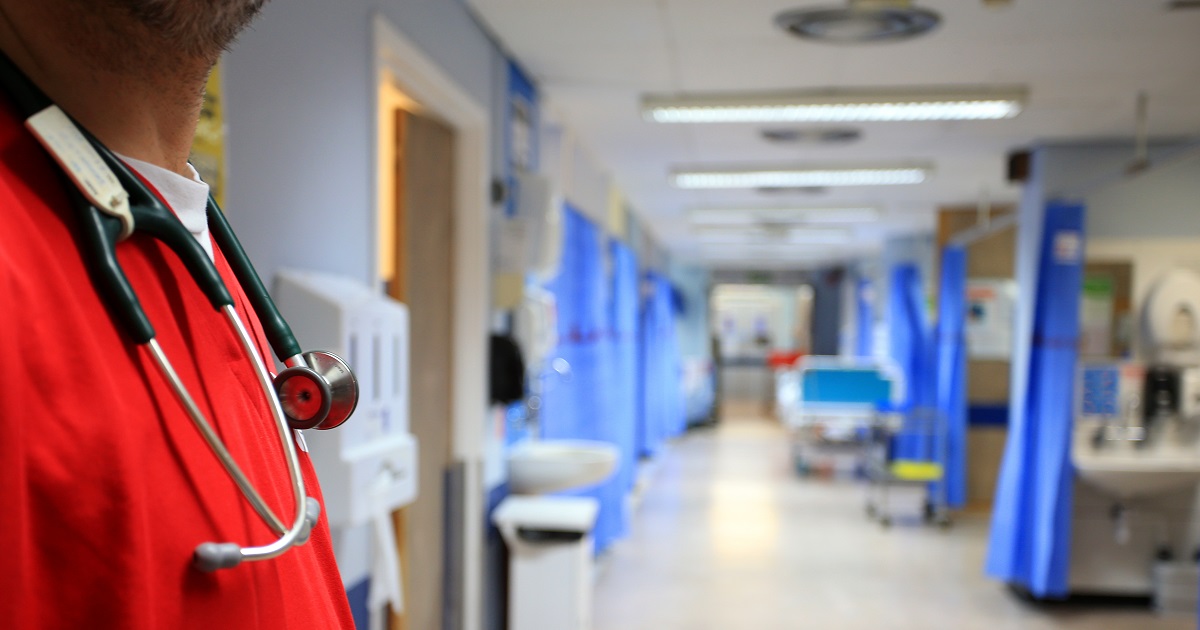‘Patient safety concerns’ raised over use of physician associates in Wales

A BMA survey of over 900 doctors working in the NHS in Wales has revealed widespread concern over the use of Physician Associates (PAs) and Anaesthesia Associates (AAs), with 80% believing there is a potential risk to patient safety.
The survey found that over 700 doctors believe the way PAs and AAs currently work in the NHS is always, or sometimes, a risk to patient safety.
Patient confusion
In addition, 83% reported that they felt patients were not aware of the difference between these roles and those of doctors, showing the immense scope for patient confusion about the level of care they are receiving.
73% of those surveyed disapproved of Welsh Government’s plans to expand PA and AA roles in the Welsh NHS workforce.
Dr Iona Collins, Chair of the BMA’s Welsh Council said: “Patients should know who is treating them and what level of care is reasonable to expect from each of those roles.
“Currently, there are reports of confusion, whereby patients do not appreciate that the person treating them is not, in fact, a medically-qualified doctor.
“In addition, doctors in training report that they are forced to compete with AAs and PAs for educational opportunities – after so many years of gruelling study and significant student debt, these doctors report feeling both demoralised and betrayed. There is insufficient time for doctors to deliver NHS care and also train two separate professions.”
‘Inappropriate‘
Dr Collins added: “We are clear that expanding the GMC’s remit to regulate PAs and AAs is inappropriate, because regulating these professionals together adds to the current confusion regarding practise scope and levels of responsibility. The BMA maintains that these new roles, who depend on doctors’ supervision to deliver safe supporting care, should be regulated by the Health and Care Professions Council (HCPC) instead, for the sake of role clarity.
“We are calling on patient safety grounds, for a change to the professional titles of PAs and AAs to physician assistant and physician assistant (anaesthesia) or anaesthetic assistant to stop ongoing confusion for the public.
“We remain very concerned regarding the planned expansion of these roles in the Welsh NHS– while doubts about scope, impact on doctor training and confusion with the public are far from resolved.
“We are asking for Welsh Government and NHS in Wales to halt the further expansion of these roles in light of the serious concerns raised by doctors in Wales and the absence of any robust evidence as to their effectiveness.”
A Welsh Government spokesperson said: “We are committed to developing multi-disciplinary team working around the patient where it is suitable to do so. This includes the use of Medical Associate Professional (MAP) roles.
“The development of new roles and professions must always be a considered and coordinated process with full impact assessments, and appropriate education, supervision infrastructure and guidance in place.
“Whilst these roles can work autonomously, they must always work under the supervision of a named, fully trained and experienced doctor. They are not there to replace doctors but to support and work with them alongside other members of the health care team.”
Support our Nation today
For the price of a cup of coffee a month you can help us create an independent, not-for-profit, national news service for the people of Wales, by the people of Wales.






Physician Associates (PAs) & Anaesthesia Associates (AAs) are an american import, first cropping up in a GP practice in london (that was taken over by an american health care provider) just to save money!
They don’t even have to study medicine and the uk government is planning to allow school leavers, so 18-year-olds, to be PAs/AAs.
I will never trust a PA/AA with my health care.
They should not be introduced here!
My GP is still trying to fix the confusion and mis-referrals created by having a PA in post two years ago.
I really do hope your GP manages to resolve the various issues and that no-ones health has suffered as a result of having a PA in post!
Certainly the regulation of these professions should be distinct from medicine. That said there is a lot wrong with the GMC already. Training is an issue as there are not enough doctors to train the expanded number of medical students and postgraduate medical trainees as it is. Service provision is deleting time to train. Finally although I am now retired from an A&E consultancy I have to say I would not feel comfortable supervising or being responsible for a profession I am not part of. That has never been the case with nurses or ANPs who have their own line… Read more »